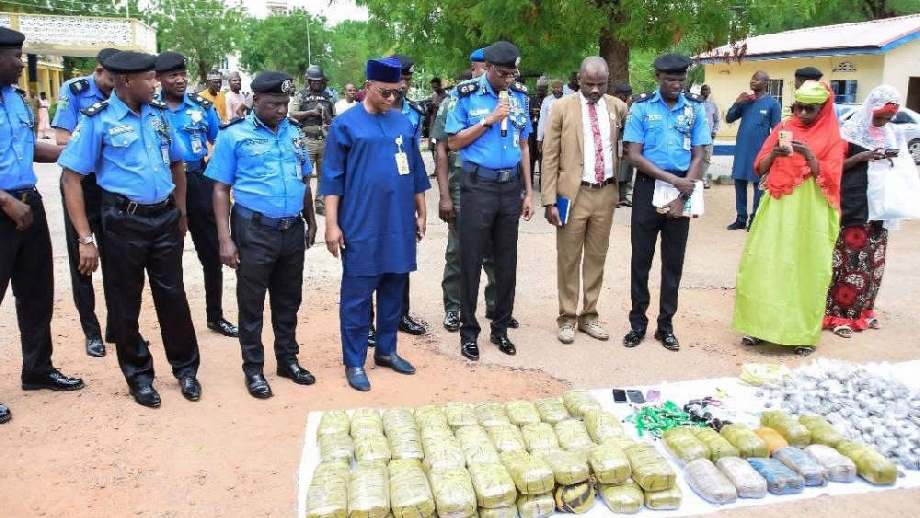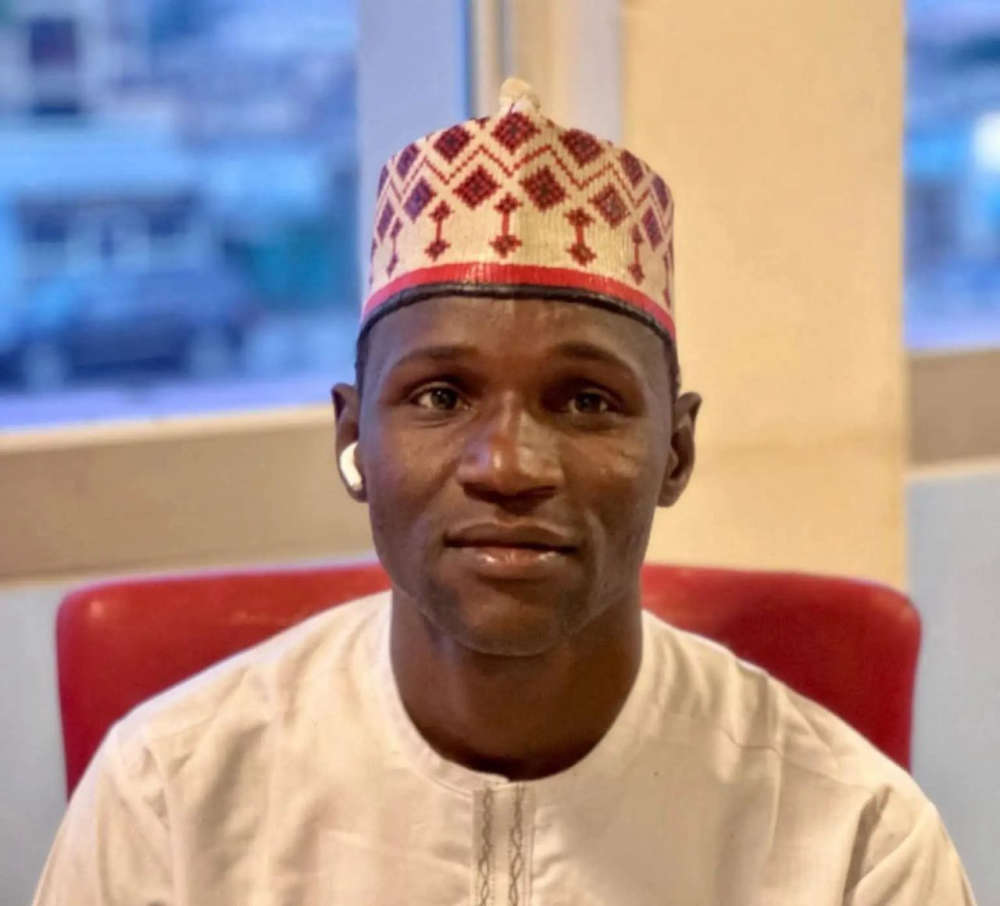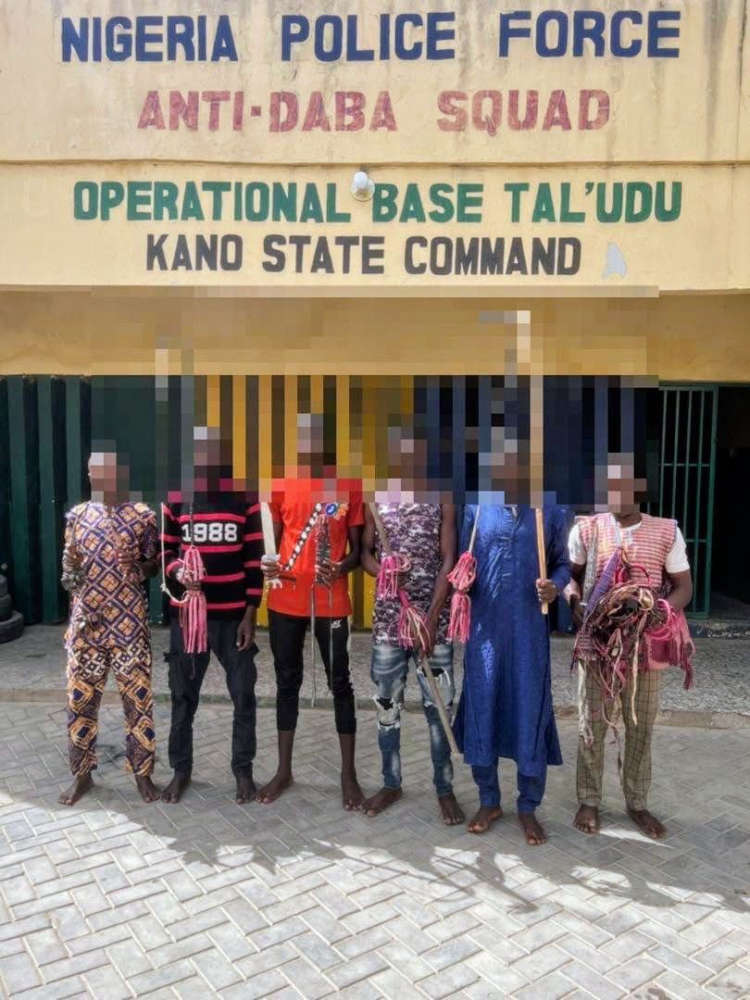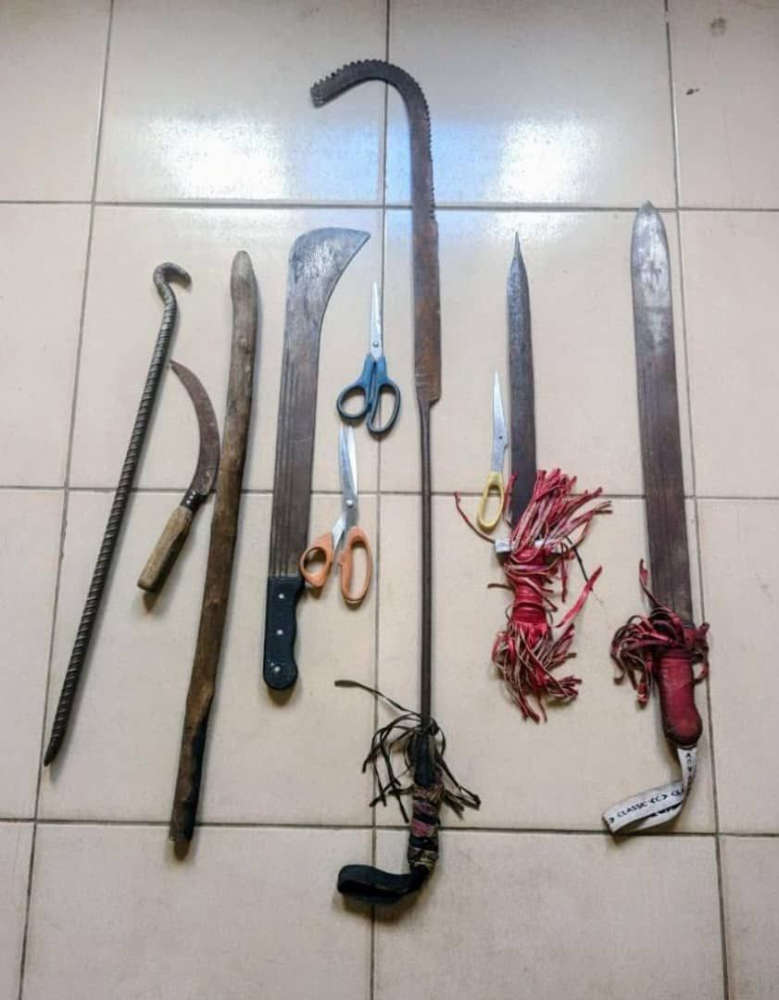
A wave of violent attacks, ruthless phone snatching, and gang-related killings is sweeping across the Kano metropolis, leaving residents in fear and authorities scrambling for solutions.
Among the victims is Sadiq Shu’iabu Gentle, a Senior Special Reporter to the Kano State governor, Abba Kabir Yusuf.
Gentle was attacked by machete-wielding thugs in his home in Kwalwa Quarters on 4th August, and died from his injuries at Murtala Muhammad Specialist Hospital on 7th August.
Following his death, Governor Yusuf directed security agencies to fish out those involved in his murder immediately.
Another case shocked the public on August 4, 2025, when Abdullahi Umar Hafizi, a 300-level Sociology student at Bayero University, Kano, was stabbed to death in Dorayi Karama by suspected phone snatchers.
Like Gentle, the attackers took his phone and other valuables before fleeing.

Gentle, killed by phone-snatching thugs
These tragedies are part of a grim list of attacks; from armed invasions in Yakasai and Kurna Yankifi to random assaults in Dorayi. Victims have been killed in their sleep, injured while resisting, and left traumatised.
Communities in Fear
Residents say areas like Sheka, Rijiyar Lemo, Medile, Yakasai, Zango, Zage, Kofar Mata, and Kurna have become danger zones.
Graphic videos circulating on social media show gangs brandishing machetes, sticks, and stones in broad daylight. In some cases, attackers have fired at residents who tried to fight back.”
In response, three of the city’s most popular radio stations, Cool FM, Wazobia FM, and Arewa Radio, have joined forces to fight back.
The stations launched a social intervention campaign tagged “Our Security, Our Right,” which aimed to press authorities to act and educate the public on how to stay safe.
The campaign also highlights the dangers of thuggery and phone theft and features expert interviews on how to tackle the menace.
During the campaign, the stations aired daily programmes, jingles, and interviews with security experts, community leaders, victims, and government officials.
Listeners were encouraged to share their experiences, identify hotspots, and suggest solutions.
Voices for Change
Arewa Radio’s News Manager, Abdulrahaman Balarabe Isah, said the campaign was about “making security everyone’s business.”
He stressed that “if communities, security agencies, and leaders don’t act together, the streets will remain unsafe.”
He said by giving these stories airtime, the stations ensured that both the public and policymakers could not ignore the crisis.
Listeners also played a role. Dozens called in to report attacks, while others offered tips on avoiding danger, such as avoiding late-night travel in hotspots like Kurna, Dorayi, Sheka, Yakasai, and Rijiyar Lemo.
Beyond Awareness
The campaign’s interviews with groups like the Youth Against Phone Snatching (YAPS) revealed deeper causes - from drug abuse to illegal weapon sales.
A study by the group revealed that youth violence surged during the COVID-19 lockdown, partly fuelled by Hausa-language action dramas that glorify violence.
Its chairperson, Abdulwahab Sa’ad Ahmed, says, “Weapons the group uses often come from markets in Fage, Kurmi, and Sharada, as well as rural manufacturers.”
Sa’ad called for a “clampdown on these sources.”
Following the campaign, community leaders pledged to continue prayers and youth reorientation programmes.
The Ward Head of Tudun Fulani, Isa Sulaiman, says his community “has resorted to organising special prayers and Qur’an recitations for peace.”
Also, the Head of Dawanau Psychiatric Hospital, an Associate Professor Auwal Sani Salihu, identified drugs as a major driver.
He warned that if urgent interventions are not made, many of the youth involved could slip into chronic addiction, making rehabilitation more difficult and crime more entrenched.
Also speaking, the Kano Phone Sellers Association says, “poorly regulated second-hand phone markets are aiding crime.” Its chairman, Isa Garba Dan-Aljanna, is pushing for mandatory seller registration.
Similarly, tricycle operator trustee Sani Sa’idu Dankoli says, “30% of the 100,000 Adaidaita Sahu in Kano are unregistered, making them easy getaway options for criminals.”
Dankoli stressed that the government must register all tricycles under one body to halt crimes in the State.
Security Crackdown
Security agencies responded by promising tighter patrols, more checkpoints, and stricter enforcement.
Spokesperson of the Nigeria Security and Civil Defence Corps, Ibrahim Idris Abdullahi, emphasised a zero-tolerance stance, warning that “offenders will no longer benefit from out-of-court settlements.”
He also called for more security outposts in vulnerable neighbourhoods to combat crime for good.
The State Police Command has intensified Operation Kukan Kura, leading to 200 arrests in one month and the recovery of machetes, guns, and knives.


Police spokesperson SP Abdullahi Umar Haruna confirmed that the suspects in Hafizi’s murder case were among those arrested.
“The suspects, all residents of different locations within the Dorayi Karama axis, were arrested after the Commissioner of Police, CP Ibrahim Adamu Bakori, PhD, issued a 24-hour ultimatum to track down those responsible for the heinous crime.”
Kiyawa further said, “During the raid, cutlasses, a pair of scissors, and other dangerous weapons were recovered from the suspects. Investigation is ongoing to apprehend other fleeing members of the gang.”
Given the update on Gentle’s case, SP Kiyawa says the Command has launched a thorough investigation into the incident and is working to ensure that the perpetrators are brought to justice.
On its part, the state government recently deployed 1,050 security operatives to 52 identified hotspots.
Brigadier General Gambo Ahmed (rtd.), head of the State Anti-Illicit Drugs and Phone Snatching Committee, says more arrests are expected.
Calls for Harsher Measures
While officials push enforcement, some citizens, including Kabiru Mai Biro Dandadi, are calling for Sharia-based capital punishment for violent offenders.
Stakeholders warn that lasting peace will require culturally rooted justice, strict law enforcement, and youth reorientation programmes.
For many residents, the campaign has shown that radio is not just for entertainment - it can be a tool for survival.


